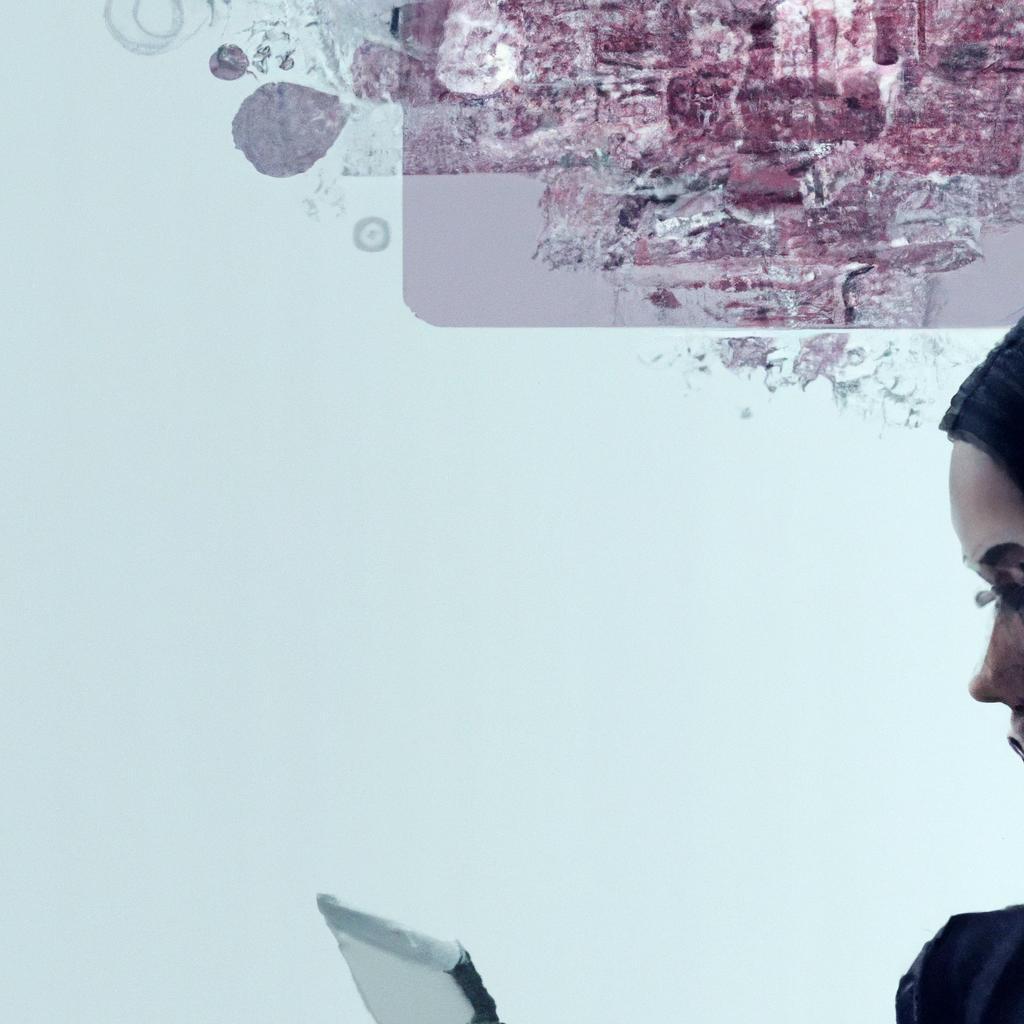
The Impact of Technology on Mental Health
In a world where technology reigns supreme, our mental well-being is constantly being influenced by the devices we use on a daily basis. From social media to virtual reality, the impact of technology on mental health is a topic of increasing concern. In this article, we will explore the ways in which technology can affect our mental health, both positively and negatively, and discuss how we can navigate this digital landscape with mindfulness and awareness.
Table of Contents
- Understanding the Role of Social Media in Mental Health
- The Influence of Screen Time on Psychological Well-being
- Utilizing Technology for Mental Health Improvement
- Recommendations for Balancing Technology Use and Mental Health
- Q&A
- Future Outlook
Understanding the Role of Social Media in Mental Health
Social media has become an integral part of our lives, with platforms like Facebook, Instagram, and Twitter allowing us to connect with others, share our thoughts and experiences, and stay up-to-date with current events. However, the impact of technology on mental health is a topic that is gaining more attention as researchers delve into the ways in which social media can affect our well-being.
One of the most significant findings is that excessive use of social media has been linked to feelings of anxiety, depression, and loneliness. Constantly comparing ourselves to others’ curated online personas can lead to low self-esteem and a distorted sense of reality. On the other hand, social media can also be a source of support and community for those struggling with mental health issues. Finding like-minded individuals and mental health resources online can be a lifeline for those who feel isolated or stigmatized in their offline environments. It is essential to strike a balance between using social media as a tool for connection and ensuring that it does not negatively impact our mental well-being.
The Influence of Screen Time on Psychological Well-being
Excessive screen time has been a growing concern in today’s digital age, as it has been linked to various negative impacts on psychological well-being. One of the primary concerns is the effect of screen time on mental health, with studies showing a correlation between increased screen time and higher levels of anxiety and depression.
Furthermore, prolonged exposure to screens can disrupt sleeping patterns, leading to poor quality sleep which in turn can exacerbate mental health issues. In addition, the constant stimulation from screens can also contribute to decreased attention span and increased feelings of stress and overwhelm. It is important for individuals to be mindful of their screen time usage and prioritize activities that promote a healthy balance between technology and mental well-being.
Utilizing Technology for Mental Health Improvement
It is undeniable that technology has revolutionized the way we live and work, but its impact on mental health is a topic that is often overlooked. With the rise of smartphones, social media, and virtual therapy platforms, individuals now have access to a wide range of tools and resources to help improve their mental well-being.
From meditation apps to mood tracking software, technology offers innovative solutions for managing stress, anxiety, and depression. Virtual reality therapy, online support groups, and telemedicine services have also made mental health care more accessible and convenient than ever before. By harnessing the power of technology, individuals can take proactive steps towards improving their mental health and overall quality of life.
Recommendations for Balancing Technology Use and Mental Health
In today’s digital age, technology plays a significant role in our daily lives. However, excessive use of technology can have negative effects on our mental health. It is crucial to find a balance between utilizing technology for its benefits while also taking care of our mental well-being. Here are some recommendations to help you strike that balance:
- Limit Screen Time: Set boundaries for the amount of time you spend on devices such as smartphones, laptops, and tablets. Opt for screen-free activities to give your mind a break.
- Practice Mindfulness: Take time to disconnect from technology and focus on the present moment. Engage in activities such as meditation, yoga, or nature walks to center yourself.
- Establish Tech-Free Zones: Designate certain areas in your home, such as the bedroom or dining room, as technology-free zones to encourage face-to-face interactions and quality time with loved ones.
Q&A
Q: What role does technology play in mental health?
A: Technology can both positively and negatively impact mental health, depending on how it is used.
Q: Can excessive screen time lead to mental health issues?
A: Yes, excessive screen time has been linked to increased rates of anxiety, depression, and sleep disturbances.
Q: How can technology be used to promote mental well-being?
A: Technology can be used to access mental health resources, connect with support systems, and practice mindfulness through apps and online tools.
Q: Are there any potential risks associated with using technology for mental health support?
A: Some risks include privacy concerns, reliance on technology for emotional support, and the potential for misinformation from unreliable sources.
Q: How can individuals maintain a healthy relationship with technology for their mental health?
A: It is important for individuals to set boundaries for screen time, practice digital detoxes, and seek professional help when needed.
Future Outlook
As we navigate the ever-evolving landscape of technology, it’s important to consider the profound impact it has on our mental health. From social media to virtual reality, each advancement brings with it both positive and negative consequences. By staying mindful of our tech use and prioritizing self-care, we can harness the power of technology for good while also protecting our mental well-being. Remember to unplug, unwind, and connect with yourself and others in the real world. Let’s strive to find a healthy balance between the digital realm and the present moment, ensuring a brighter and more mentally resilient future for all.

